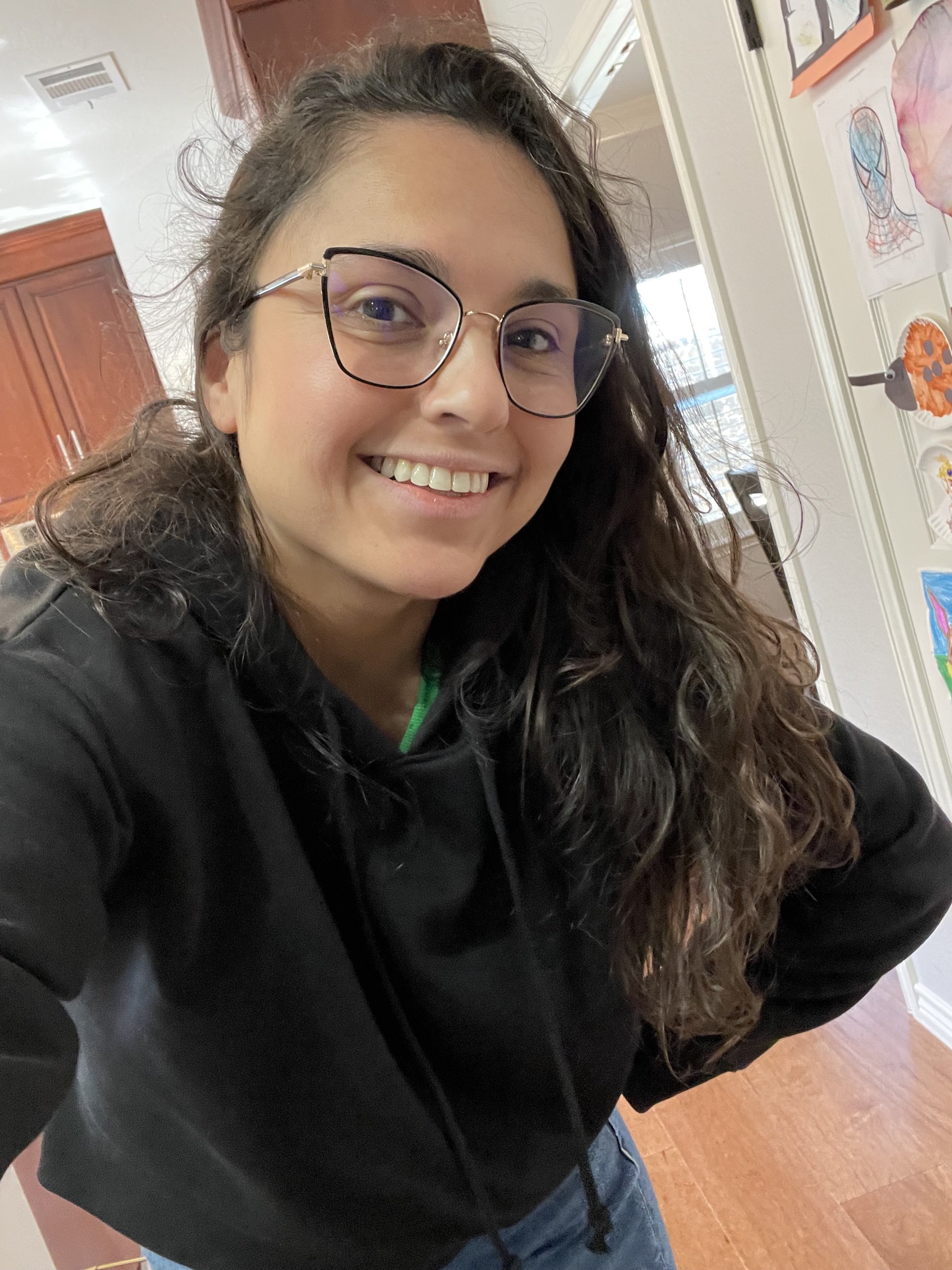I made a decision last month to use Tacrolimus (generic version of Protopic ointment) while on Dupixent (a biologic eczema medication). Not one time, but in an ongoing manner. It was not an easy decision to make - considering the many fellow eczema fighters that have ended up in withdrawal from Tacrolimus.
What is Tacrolimus Withdrawal?
The eczema community says it’s just like Topical Steroid Withdrawal (TSW), which I went through during my first pregnancy. It’s what can happen when you overuse the Tacrolimus ointment on your body to combat flareups. The ointment stops working (or you may suddenly stop using it after overusing it) and then withdrawal symptoms take over. It’s a new world beyond eczema, with burning, redness, fierce itching, flaking, swelling, oozing, and crustiness. It has its own timeline - I was lucky to have TSW for only a year. Many folks suffer years in withdrawal. It’s a debilitating, life altering struggle and I wouldn’t wish it on my worst enemy (not that I have any).
Why I Chose To Use Tacrolimus?
Ironically, Protopic / Tacrolimus (along with Dupixent) helped save me towards the end of my topical steroid withdrawal in 2017. I stopped Dupixent in 2018 to get pregnant for my second child. I continued using Protopic until late 2022. Well, 2023 was not good. I tried for a solid year to avoid my allergens and triggers, but the bubble I must live in doesn’t exist.
I decided to restart Dupixent in late 2023 and, to my surprise, I was flaring up from the Dupixent itself - apparently, it often causes fungal infections and flareups around the mouth and neck. My new derm immediately recommended I use Protopic / Tacrolimus. I said “absolutely not!” But I started reconsidering a few weeks later and decided to restart Tacrolimus while on Dupixent. I needed to be safe about it, though, and needed to trust my derm that they could help protect me from withdrawal symptoms.
How I’m Avoiding Protopic Withdrawal
I’ve got serious trust issues when it comes to dermatologists and tend to believe that most of the medical industry is pretty unaware of withdrawal consequences from the use of eczema ointments. I had a new derm and needed to feel confident that they understood not only about withdrawals, but also how to avoid it. After building trust with my derm, we discussed my treatment plan: use Protopic as sparingly as possible, but also as needed. And we’ll monitor if it becomes less effective, because that would be a big red flag.
Because I’m on Dupixent, my flareups are more contained and occur less often. So, I won’t need Protopic as often as I did pre-Dupixent. But Dupixent causes flareups soon after my injection - and it also doesn’t contain my eczema 100%. I’m fine to use Protopic sparingly to combat my mild to moderate flareups, whenever I do have them.
Specifically, my derm advised me to use Protopic / Tacrolimus once or twice a day on the affected areas, for a few days every two weeks, which is how often I have my injection and about how often I get flareups nowadays. This treatment plan works perfectly for me now.
How Will I Know if I’m At Risk for Tacrolimus Withdrawal?
According to my derm, we will monitor how my skin is reacting to the protopic / tacrolimus. If the ointment starts to be less effective, it’s a sign that my body is headed towards Tacrolimus withdrawal. The key is to identify this sign early on and not once I’m deep in withdrawal, which is how I ended up with TSW. Fingers crossed that I never see this sign, but if I do, I’ll work with my derm for a safe way to taper off Tacrolimus or switch to something else. What I won’t do is what I did last time: be blind to the possibility of withdrawals and lather my body with topical steroids until I wake up one day and look at my deeply wounded body wondering if it’s being attacked by eczema or something else.
How I am Doing while on Tacrolimus and Dupixent
I’m doing great! I feel so much better than last month, when I was dealing with breakouts while on Dupixent. And I feel way better than 5 months ago when I restarted Dupixent and had little control over my flareups.
My flareups still happen, but they’re contained. As I sit writing this, I’ve got a small flareup on my neck (still from that jacket I wore last week - thanks dust mite allergy!) and on my arm (same spot I’ve had for years, just not as bad) and a little around my mouth (probably from my Dupixent injection a few days ago). I’ll use Protopic on my flareups today and will be grateful that there’s a treatment that I’m confident will work, and that I’m monitoring for safe use.
And, as I often feel when my skin is healthyish, I feel beautiful again!


